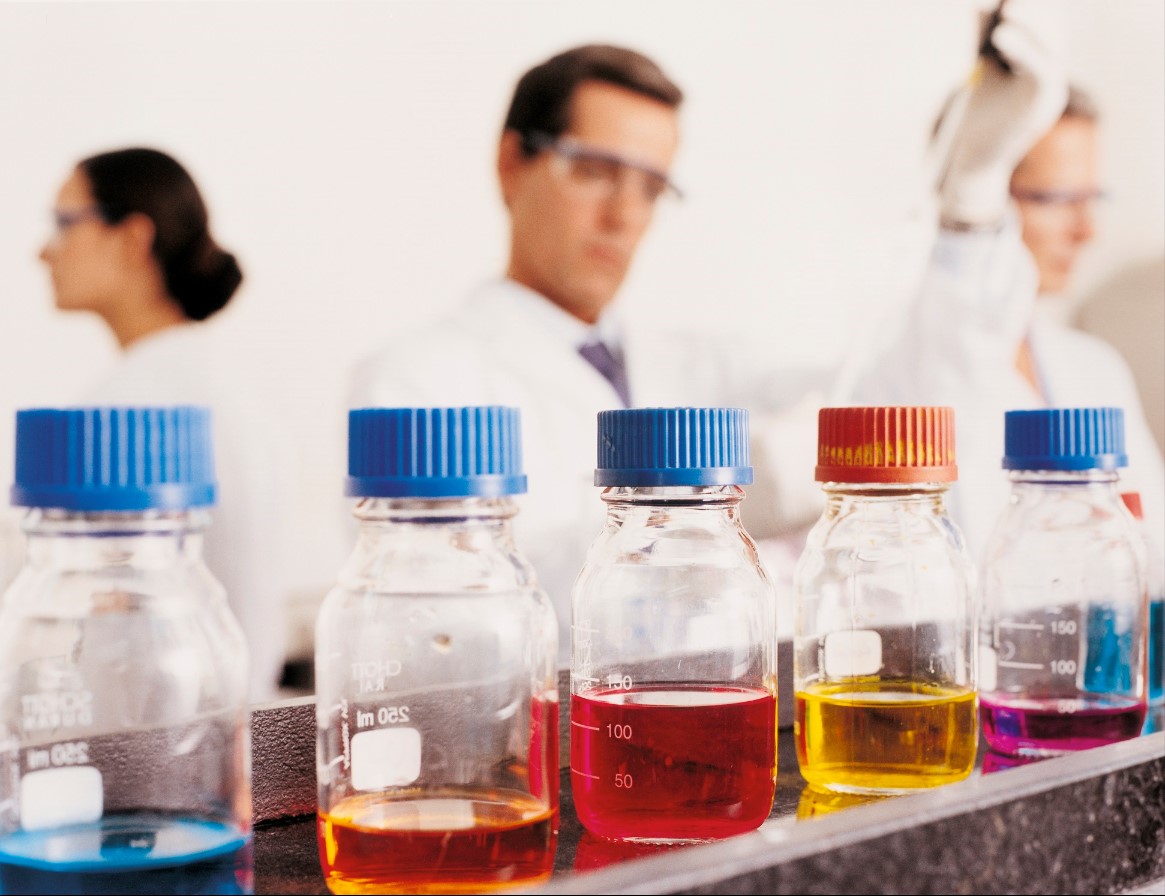KUALA LUMPUR, May 21 — Governments should not decide on lifting lockdown measures by betting on the successful development of a vaccine against the coronavirus anytime soon, a US scientist said.
Willian Haseltine, who is a revolutionary researcher for cancer, HIV/AIDS and human genome projects, told Reuters that managing the coronavirus through vigilant tracing of infections and stringent quarantine measures whenever the virus begins to spread would be the better approach right now.
Although a number of Covid-19 vaccines are currently under development, he articulated that he would not count on it, explaining that vaccines previously developed for other types of coronavirus had failed to protect the mucous membranes in the nose where the virus usually enters the body.
He pointed out that the virus can be controlled by identifying infections, contact tracing those who have been exposed and isolating those cases, even without an effective treatment or vaccine. He also stressed for people to wear face masks, wash hands, sanitise surfaces and practise safe social distancing.
Citing China and some other Asian countries, he said that these nations have seen success from utilising the above strategy, criticising the United States and other countries that have not done enough to “forcibly isolate” all those who were exposed to the coronavirus.
“China, South Korea, and Taiwan have done the best at curbing infections,” he was quoted saying, “while the United States, Russia, and Brazil have done the worst.”
As for Covid-19 vaccine development, he shared that tests on animals of experimental coronavirus vaccines had shown to reduce the viral load in organs like the lungs, although the infections remained.
In terms of treatment options for Covid-19 sufferers, patients have been given antibody-rich plasma donated by the people who were previously infected and recovered from Covid-19. Pharmaceutical companies are actively looking into ways to manufacture refined and concentrated versions of that serum, as cited by Reuters.
The antibody-rich plasma is known as hyperimmune globulin, and these products are “where the first real treatments are going to be,” said Haseltine, foreseeing success also with research related to monoclonal antibodies that would deactivate the ability for the virus to enter the human cells.
Monoclonal antibodies are molecules engineered and produced in the laboratory to act as substitute antibodies that can imitate the immune system’s attack on foreign cells.








